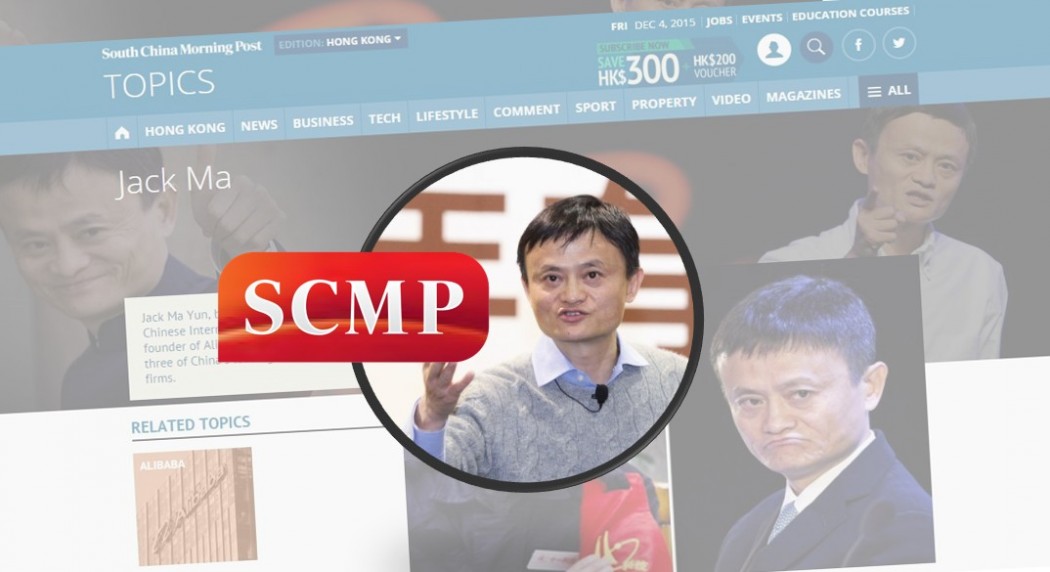The US Congressional-Executive Commission on China said that the administration and congress should determine whether there is a need to revise the 1992 Hong Kong Policy Act “if Hong Kong’s autonomy and rule of law continue to be threatened.”
In its 2016 Annual Report, published on Thursday, it said that congress should stress through statements, visits and resolutions the importance of “maintaining a free press, a vibrant civil society, an independent judiciary, and transparent governance in Hong Kong.” It also said congress should note that US and China have mutual interests in maintaining Hong Kong as a business and finance centre.

The commission was “created to monitor human rights and the rule of law in China, and submit an annual report to the President and Congress,” according to its own description.
The report said that the missing booksellers case, which saw the “disappearance, alleged abduction, and detention in mainland China” of five booksellers last year, showed that Hong Kong’s rule of law and autonomy were “increasingly threatened” by China. It urged officials and the congress to raise the issue and inquire specifically about Gui Minhai, whose whereabouts, condition, and legal status are unknown.
‘Guarantee’ non-interference
It also said that there are political groups and activists calling for self-determination or independence due to “perceptions that Chinese government control over Hong Kong and mainland Chinese economic and cultural influence in Hong Kong are increasing,” and localist and self-determination advocates had been elected into the Legislative Council.
While it noted that China and Hong Kong governments have “suggested that the act of advocating Hong Kong independence violated Hong Kong criminal statutes and the Basic Law,” the commission called for the Chinese government to guarantee non-interference in Hong Kong’s affairs, and to ensure the rights of Hongkongers.

The commission also urged the restart of the electoral reform process to “work toward implementing Chief Executive and Legislative Council elections by universal suffrage with a meaningful choice of candidates.” Details of the electoral reform in part led to the 2014 pro-democracy occupy protests.
The decline of press freedom reported by Hong Kong journalists and media organisations was also highlighted by the report, “citing government restrictions, violence against journalists, and pressure on reporters and editors from media owners, including owners with financial ties to mainland China.” It also cited Alibaba’s purchase of the South China Morning Post, which it said raised concerns that Hong Kong media could face increased pressure to self-censor or avoid reporting on topics deemed ‘sensitive.’”

‘Should not interfere’
The Hong Kong government responded on Friday in a statement, saying that “foreign legislatures should not interfere in any form in the internal affairs of Hong Kong.”
It also said that the high degree of autonomy and the policy of Hong Kong people administering Hong Kong “demonstrates the successful implementation of the ‘one country, two systems’ principle.”
